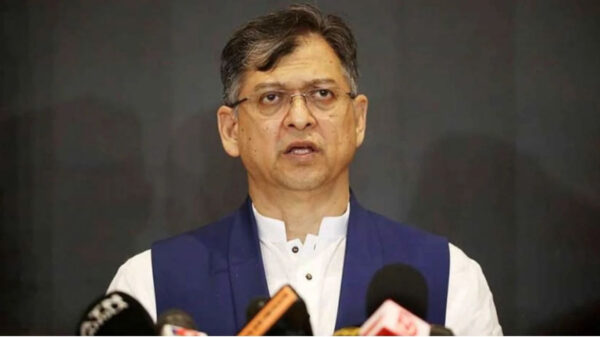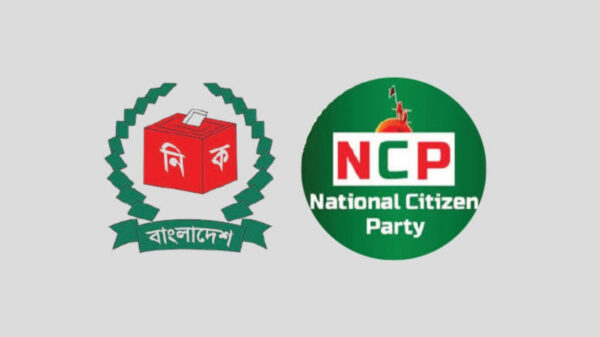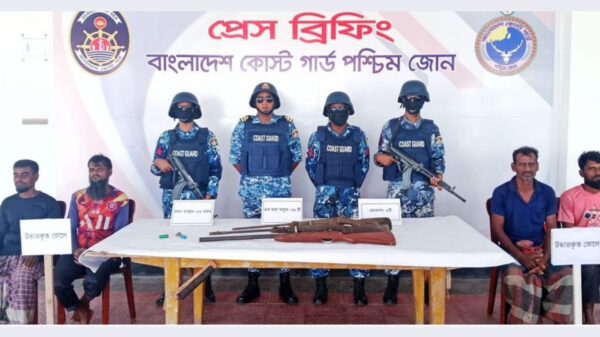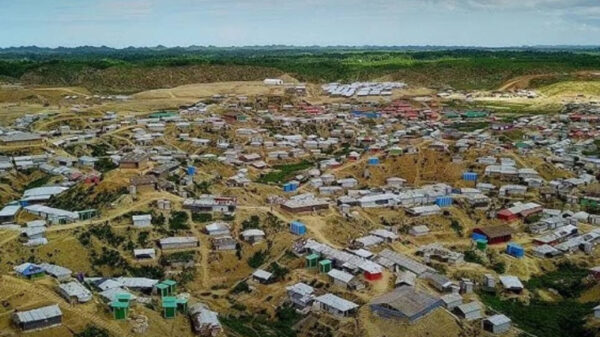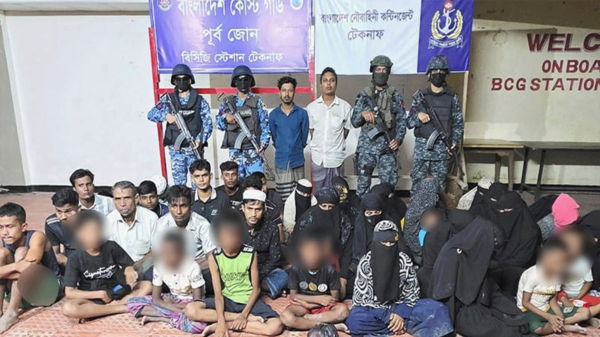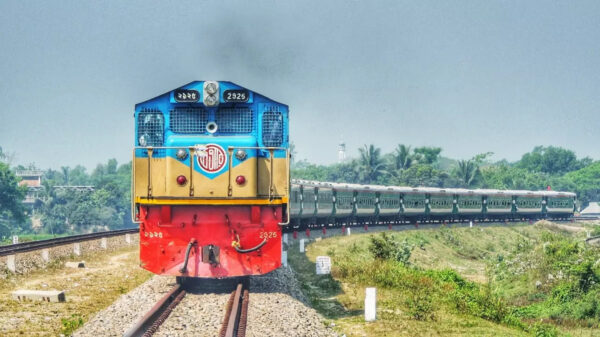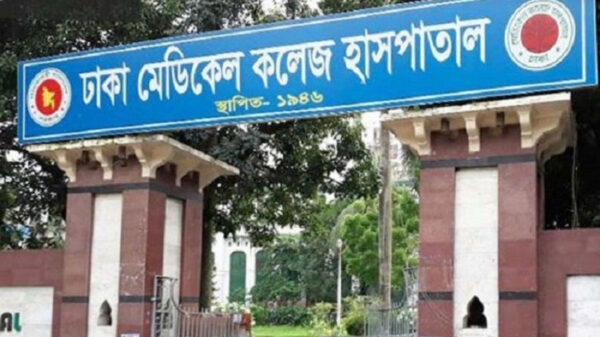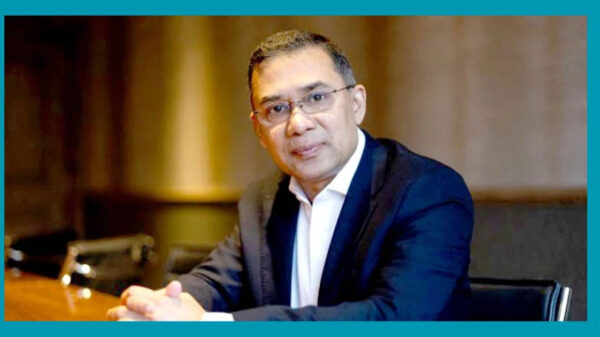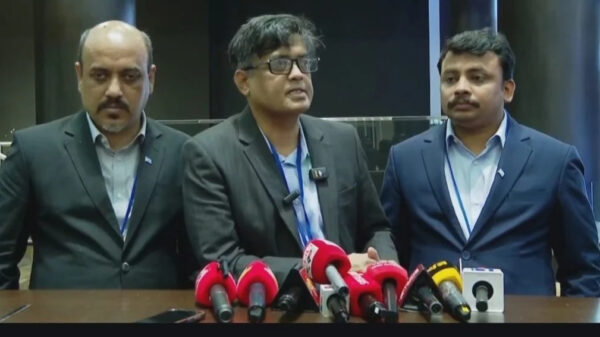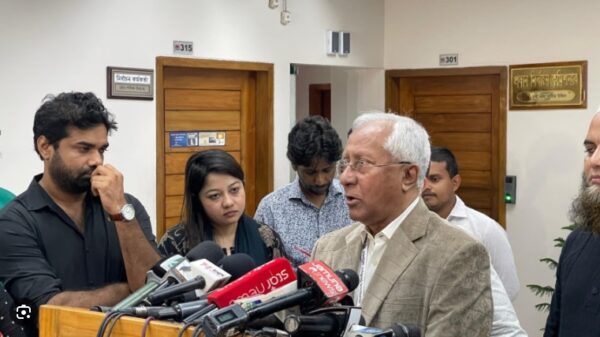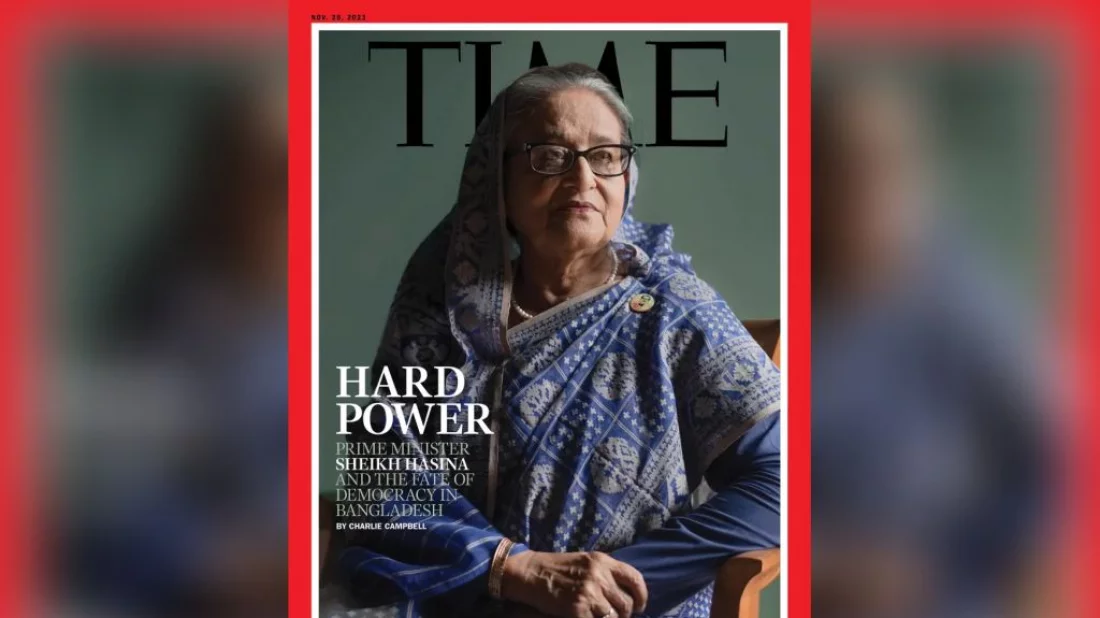Staff Reporter:
Prime Minister Sheikh Hasina has received countless accolades during her three straight terms as prime minister of Bangladesh, with many international news organizations singing her praises over the years. Most recently, she graced the cover of Time magazine, which featured an article titled “Sheikh Hasina and the Future of Democracy in Bangladesh.”
Time’s Charlie Campbell characterized the 76-year-old leader as an “iron fist in velvet gloves” and as a political phenomenon responsible for propelling Bangladesh, a densely populated nation home to 170 million people, to become the Asia-Pacific’s fastest-expanding economy over the past decade, shedding its image as a rustic jute producer.
Determined to extend her record as the world’s longest-serving female prime minister, Sheikh Hasina expressed her confidence in the people of Bangladesh, emphasizing them as her primary source of strength.
Time also delved into allegations of “repression” against the opposition BNP, including numerous cases and arrests. The article noted that both the US and the EU, among others, had criticized the last two elections for irregularities. Sheikh Hasina now faces opposition from the BNP and critics who accuse her of authoritarianism, while she highlighted the violence caused by BNP supporters through arson attacks following the 2018 election.
The reporter pondered the question of what another five years in office for Sheikh Hasina would mean for the country, before saying her economic accomplishments were undeniably impressive, with improvements in social indicators, education and high-tech manufacturing.
The article also addressed accusations that the Awami League government had used counterterrorism as a pretext to “crack down” on the opposition’s Islamist elements. Meenakshi Ganguly, Asia deputy director for Human Rights Watch, called actions by the police at recent BNP rallies “provocative… which has of course led to retaliation.”
Times talked about how the judiciary was not without blemishes either, targeting any slight criticism of the government, noting the jailing in September of two prominent human rights activists who had reported extrajudicial killings and disappearances, prompting an outcry from different countries.
While the prime minister insisted that her record was exemplary in ensuring “food, clothing, housing, education, healthcare, job opportunities,” Times noted that Freedom House considered Bangladesh “partially free” and its economy was still reliant on agriculture, cheap garment exports and billions in remittances sent home from the 14 million-strong diaspora every year, while Transparency International’s Corruption Perceptions Index ranked Bangladesh 147 out of 180 countries worldwide.
The report suggested that the international community had been reluctant to raise other human rights concerns due to Bangladesh’s compassionate response to the Rohingya crisis. It noted that increased Western pressure as the election drew near correlated with worsening security and humanitarian conditions.
Sheikh Hasina, when discussing the Rohingya issue, thought back to how she and her sister had lived outside the country as refugees for six years, giving them a deep understanding of their sorrow and pain.
However, the report said her government had denied demands to allow the refugees formal education and legitimate ways to earn a livelihood, although noting that the crisis had never been for Bangladesh to solve alone, and the international community bore collective responsibility.
Bangladesh is also skilfully juggling relations with the US and China as well as India and Russia, in line with its foreign policy credo, “friendship to all, malice towards none.”
Dhaka has so far both abstained from and supported UN resolutions calling for Russian forces to quit Ukraine, demonstrating its balanced approach. “On some issues, we didn’t vote against Russia; then on some other issues, we vote against Russia,” the prime minister said.
When asked about Bangladesh’s new Cyber Security Act, which the magazine termed “draconian,” Sheikh Hasina said there was always criticism of her administration’s actions.
The article also claimed that during the interview, concerns were immediately dismissed and opportunities for introspection instead diverted into “that bottomless well of family trauma.”
Time revisited the events of February 1975 when Sheikh Mujibur Rahman dissolved all political parties and established a one-party state called Baksal, noting that critics had referred to Sheikh Hasina’s administration as “Baksal 2.0.”
Even the prime minister indicated that Bangladesh existed in a grey zone, saying democracy had a different definition that varied from country to country.
In a resolute statement, Sheikh Hasina declared: “It is not that easy to overthrow me through a democratic system. The only option is just to eliminate me. And I am ready to die for my people.”


